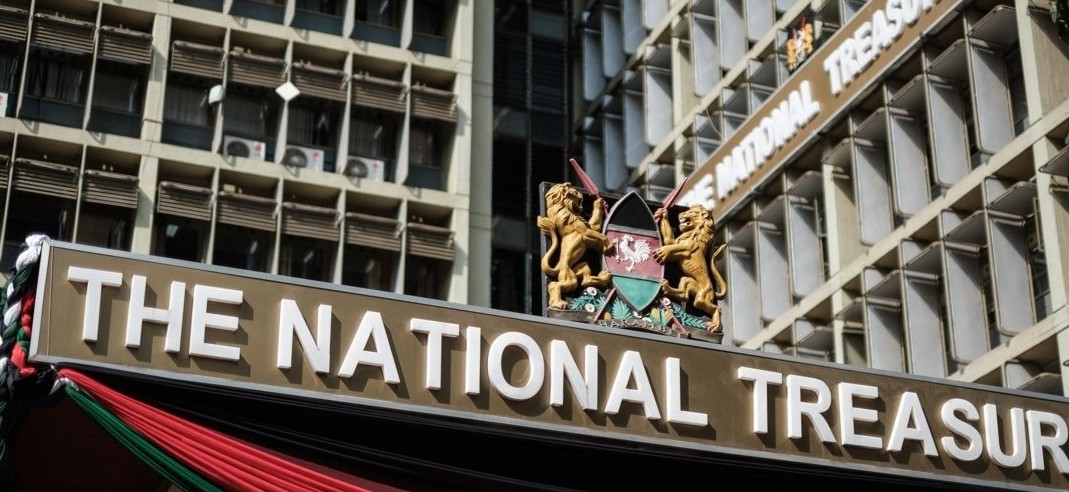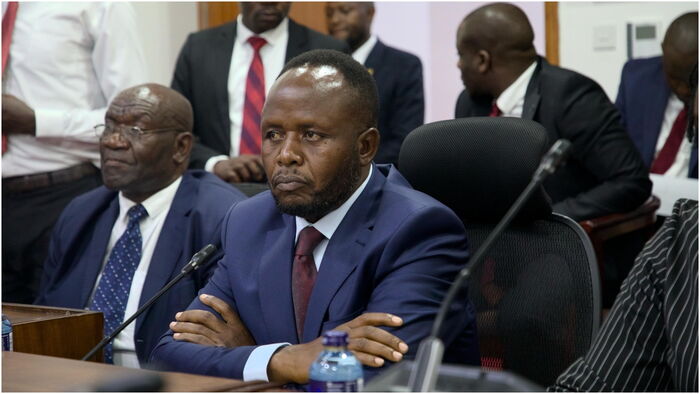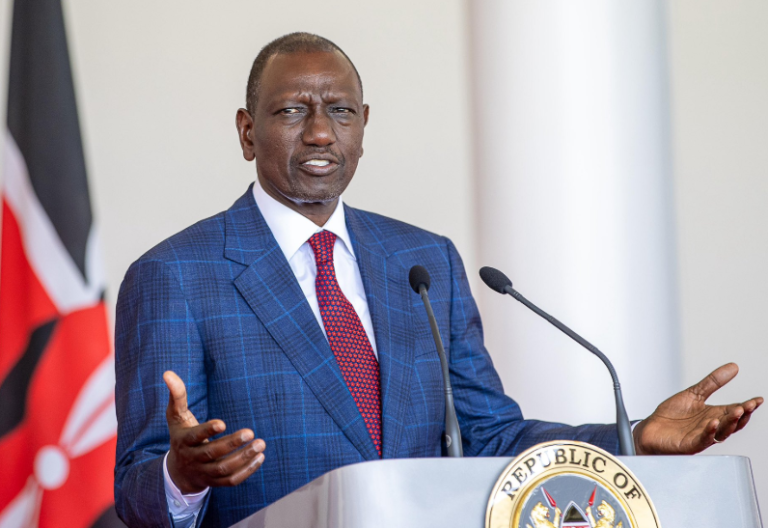Despite the decline, Kenya’s passport continues to lead in East Africa, offering its holders visa-free or visa-on-arrival access to 76 countries.
This regional supremacy, however, has not shielded it from losing ground on a global scale where countries like France Germany, Italy, and Spain dominate with visa-free scores hovering around 193 per cent.
In East Africa, Rwanda, and Tanzania were the closest to Kenya, ranking 12th and 14th, respectively.
Last year, the Kenyan passport had ascended six places in the global rankings, solidifying its reputation as a key travel document in Africa.
The latest index, however, reflects a downturn that sees it lagging behind its previous performance, despite maintaining a slight edge over its East African neighbours.
Among African countries, Seychelles and Mauritius continue to lead the pack, with their passports ranking 39th and 40th respectively, down from 24th and 29th last year, largely due to their broader visa-free access.
South Africa, Botswana, Namibia, Lesotho, and Eswatini also ranked higher than Kenya in 2024.
The index, which compares the visa-free access of 199 passports to 227 travel destinations worldwide, highlights the fluctuating fortunes of countries in facilitating global mobility for their citizens.
According to the Henley report, the economic mobility score for Kenya stands at 5.52 per cent, reflecting the number of countries a Kenyan passport holder can access either without a visa or through a visa on arrival.
This score, while modest, underscores the nuanced balance of passport power and economic opportunity on the continent.
The drop comes amidst numerous struggles for Kenyans seeking passports and the government’s move to introduce a new visa regime in which no one from across the world would require a visa to enter the country.
In December, President William Ruto announced the new Electronic Travel Authorisation (eTA).
Economic mobility is crucial, as pointed out by the Henley Passport Index, for enabling access to international markets and investment opportunities.
The limitations imposed by weaker passport power can hinder entrepreneurs and investors from engaging effectively in global trade and business ventures.
In a broader context, the power of an African passport is not merely about travel but the economic gates it can open or close.
Countries like South Africa and Nigeria, despite their economic stature, face significant hurdles in global mobility, which in turn impacts their economic participation on the world stage.













Leave a Reply